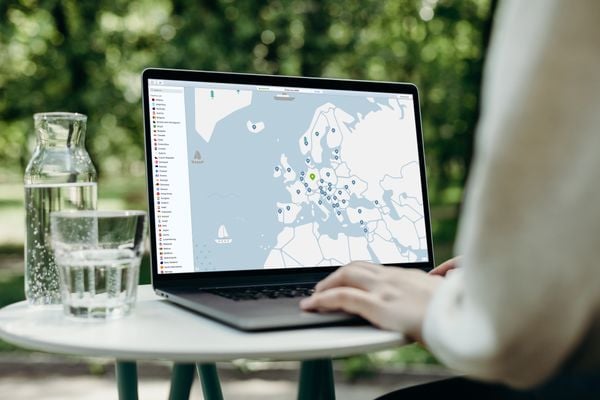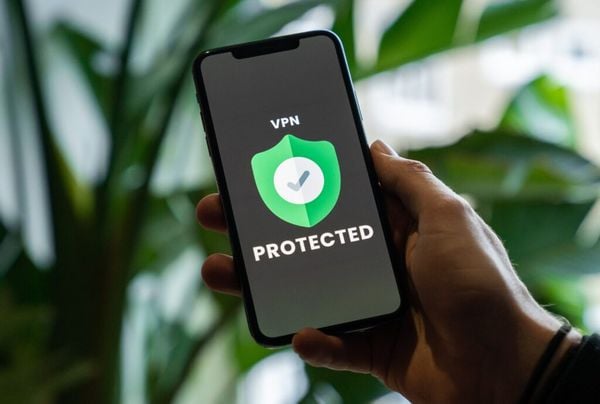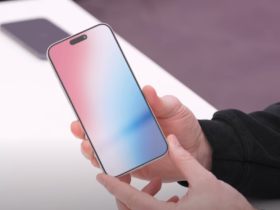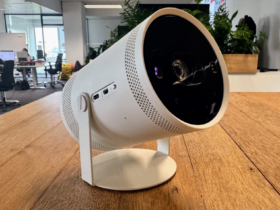These days they are unavoidable on TV and the Internet: the advertisements for VPN. The providers claim it is much more secure, but is that true?
Do you use a VPN? Then you’re certainly not the only one. Still, why everyone turns it on on their computer is different. For some, it’s to watch foreign content on a streaming service, while others do it for security. Still, for the latter group, it seems better than it actually is.
VPN has advantages and disadvantages
Let me be the first to say that a VPN is very convenient. Running your internet connection through another country gives you many more options on Netflix all at once. Additionally, they encrypt incoming and outgoing connections, so your data should all be secure. However, that is not always the case.
In fact, there are some things to consider when using a VPN for your own security. Others will have a harder time accessing your data, but of course that does not apply to the company providing the VPN. They can, of course, monitor your Internet usage, should they want to.
Check carefully who the provider is
In the past, VPN providers have said they don’t do that, but there have been court cases where they did. That information was then provided to authorities. So it’s a good idea to check if your provider keeps logs of your Internet usage.
It’s also a good idea to check your provider in other ways besides logs. See if the party offering a VPN is reliable. The big providers like NordVPN and ExpressVPN have this well mapped out, but especially with free services you should scratch yourself behind the ears. After all, why exactly is the service offered for free and what does it want in return.
For example, cybercriminals can offer VPN to detect weaknesses in your devices to get at your data.
 NordVPN. (Image: NordVPN)
NordVPN. (Image: NordVPN)
Slower internet
It also does not mean that without a VPN you are not safe at all. If you just connect from your home network you have to deal with your provider. In the Netherlands, these protect your data well. Take for example the lawsuits with Brein. The latter wants providers to share data on illegal downloading so they can fine users. The providers do not want this and have been vindicated by the courts.
In addition, VPN has another disadvantage. Because a VPN connection is a redirected connection, it is slower. With the major providers, the speed loss is not too bad, but especially with free VPNs, there can sometimes be considerable lag. If you only use the Internet for some surfing, it’s not a big deal, but it’s a big hurdle if you’re gaming online.
 You can also use VPN on your smartphone. (Image: Unsplash)
You can also use VPN on your smartphone. (Image: Unsplash)
Also benefits through VPN
Still, VPNs really aren’t all doom and gloom. Do you use public Wi-Fi networks a lot? Just then, a VPN comes in handy. Then you roll out an extra layer of protection and hackers can’t just break in. And what about if you go to countries like China or Turkey where some websites are censored. With a VPN, you can still visit those.
So if you’re interested in a VPN, look carefully at the pros and cons. Do you want to have it afterward? Then check the provider. That way you will get off to the best possible start.


































